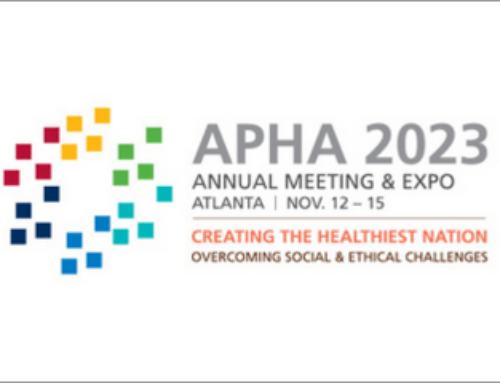This Wednesday, Senate Majority leader Harry Reid released the 2,074 page health system reform measure, HR 3590, that the Senate will consider if it can get past the initial 60 vote hurdle that must be cleared to schedule "The Patient Protection and Affordable Care Act" for floor debate and amendment consideration. CBO scored the bill at a cost of $848 billion over 10 years, with projected budget deficit cuts of $130 billion over the decade based on costs being offset by new taxes and fees and reductions in Medicare growth.
The Senate proposal is similar in many respects to the House passed bill, with key differences in the timing and financing aspects. HR 3590 would increase the Medicare payroll tax on high-income people, impose a new excise tax on so-called "Cadillac health plans" and establish a five percent tax on elective cosmetic medical procedures. The insurance exchanges would start operating in 2014, a year later than the House passed action. The Senate bill, according to the CBO, would leave 24 million people still uninsured in 2019, with about one-third of these people being illegal immigrants. By comparison, the House bill, scored at a cost of $1.1 trillion with deficit reductions of $104 billion over 10 years, would still leave 18 million uninsured (including illegal immigrants) in 2019.
For more information about health system reform proposals and the related legislative process, you may want to check out the Kaiser Family Foundation Web site.








